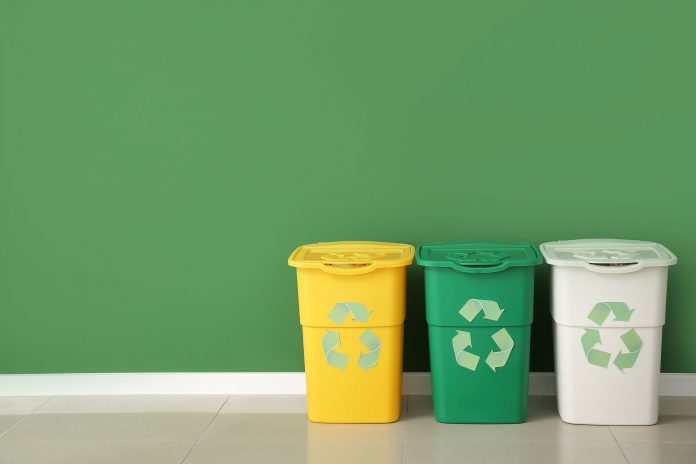Major shake-up of England’s bin collections to make it easier for millions of households to recycle and reduce costs for taxpayers.
Every home in England will receive easier and more consistent recycling collections, under new plans to boost recycling and protect the environment, helping the country reach our target of eliminating all avoidable waste by 2050.
Under proposals unveiled by ministers on Friday 7 May, every household will receive separate, weekly food waste collections from 2023, which will stop the build-up of smelly waste that attracts flies and pests.
Plans being considered include the introduction of statutory guidance on new minimum service standards for rubbish and recycling collections, subject to an assessment of affordability and value for money. This could recommend a minimum service standard of residual waste at least once a fortnight alongside the weekly collection of organic waste. Councils would continue to be supported to collect more frequently than the minimum standard, which is especially important in urban areas, with less space to place bins and homes that have small or no gardens.
Ministers are also considering free garden waste collections for every home, which could save householders over £100 million a year in green waste charges. Currently, councils have discretion on whether to provide the service, which is usually charged for on top of council tax.
Environment Secretary George Eustice said: “Householders want more frequent recycling collections. Regular food and garden waste collections will ensure that they can get rid of their rubbish faster, at no additional cost to them.
Our proposals will boost recycling rates, and ensure that less rubbish is condemned to landfill.”
In the consultation, the Government will also set out plans to make recycling easier with a clear list of materials that all local authorities and waste firms must collect from homes and businesses, specifically plastic, paper and card, glass, metal and food waste, as well as garden waste for households. This means we will end the confusion for millions of homes and businesses having different collections in different areas, helping households recycle more and send less waste to landfill.
Additional funding and support will be provided to councils for their recycling collections, partly through our reform of the packaging sector which will see firms covering the full net cost of managing their packaging waste. This means council taxpayers will not have to foot the bill, and in turn will be able to reduce the amount of unnecessary packaging that is thrown away.
These proposals also build on steps that the Government has taken to support families’ bin collections. Since 2010, ministers have scrapped previous plans for new bin taxes on family homes; stopped unfair bin fines for petty or minor breaches of complex bin rules; supported rewards for recycling; and banned charges for responsibly disposing of household rubbish at local dumps.
These measures will help ensure that the Government meets its ambition laid out in the Resources and Waste Strategy of recycling at least 65% of municipal waste by 2035, with a maximum of 10% being landfilled. Ministers are also committed to eliminating all avoidable waste by 2050.
The proposals for consistent collections are part of the Government’s wider programme of major waste reforms which will boost recycling, step-up our war on plastic pollution and tackle litter. In March, a second round of consultations were also launched for Extended Producer Responsibility for packaging, which will see packaging firms covering the full net cost of managing their packaging waste, and a Deposit Return Scheme for drinks containers, where consumers will be incentivised to return and recycle their bottles and cans.
Link to UK Government press release: https://www.gov.uk/government/news/new-plans-unveiled-to-boost-recycling



